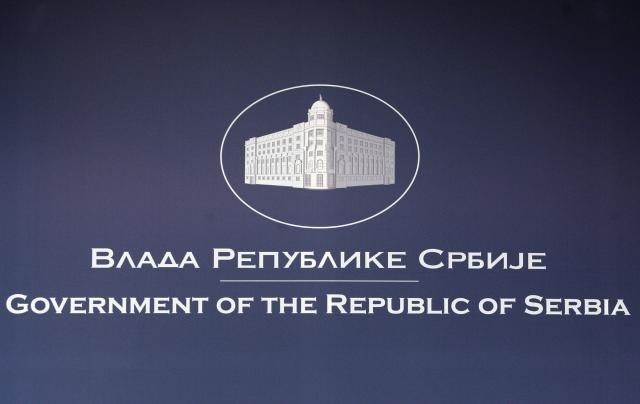The government announced that Serbia has become one of the 24 countries in the world that joined the International Civic and Citizenship Education Study (ICCS), in order to obtain usable guidelines for further reforms of the education system.
- Serbia
Get to know Serbia
- Citizens
Culture and science
Health services
Pension and disability insurance
- Business
Employment
Economy
- Media
- Government
- Contact
Keep in touch
Keepin touch
Whether you have a question, comment, suggestion or any problem in the purview of the government, send us your message and we will try to respond as soon as possible. If your problem is not in our purview, we will forward your message to the relevant institution.
Participation in ICCS study important for further reforms of education system
The ICCS is an international survey that examines students' knowledge and attitudes regarding civic responsibilities and active participation in society, and comprehensive surveys are conducted every six years.
In this research in 2022, the tests were done by students of the sampled eighth grade classes, i.e., students who are 14 years old, and the goal is to improve the overall quality of education.
Out of 24 countries in this research cycle, Serbia is among only 13 countries where civic education is taught as a separate subject, but in almost all countries it is integrated into subjects related to social sciences – in all subjects or through common teaching activities.
Recognising the importance of the social topics covered in this research, Serbia has already initiated a number of measures that are expected to improve the participation of young people in society.
The draft of the new law on volunteering envisages the establishment of a national platform for volunteering, and changes to the General Standards of Achievement - educational standards at the end of primary and secondary school have also been initiated.
After the adoption of the new standards of achievement in the next month, the opportunity will be created for significant improvements within the teaching and learning programme, and for this the results of such research are extremely important to us.
-
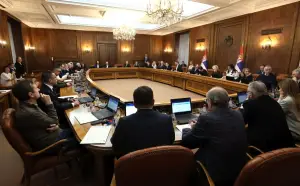 Belgrade, 12 February 2026
Belgrade, 12 February 2026Decree adopted establishing air quality monitoring programme within state network
-
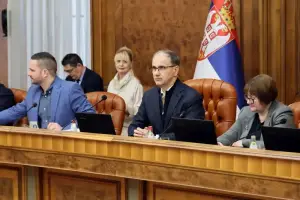 Belgrade, 6 February 2026
Belgrade, 6 February 2026Electricity bills to be reduced for citizens who were without power in January
-
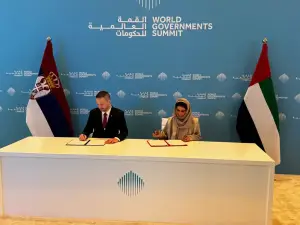 Belgrade/Dubai, 4 February 2026
Belgrade/Dubai, 4 February 2026Agreement on exchange of experiences, modernisation of work of governments of Serbia, UAE signed
-
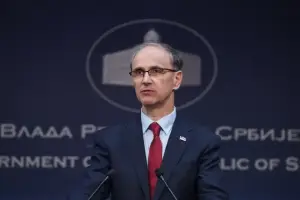 Belgrade, 30 January 2026
Belgrade, 30 January 2026Blockade of border crossings lifted following agreement with hauliers
-
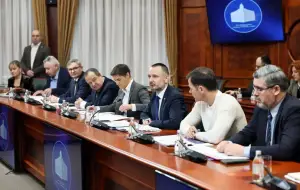 Belgrade, 30 January 2026
Belgrade, 30 January 2026Strengthening capacities, accelerating process of Serbia's accession to EU
-
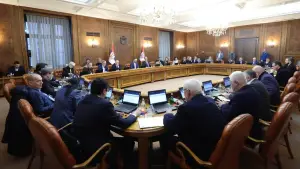 Belgrade, 29 January 2026
Belgrade, 29 January 2026Nomination of Serbia’s natural assets for inscription on World Heritage List
-
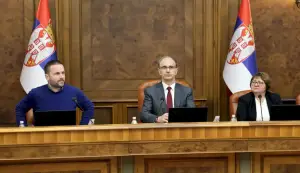 Belgrade, 26 January 2026
Belgrade, 26 January 2026Members of Serbian water polo team awarded €20,000 each
-
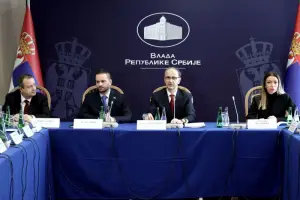 Tara, 24 January 2026
Tara, 24 January 2026Government adopts Bill amending Law on fees for use of public goods
-
 Belgrade, 22 January 2026
Belgrade, 22 January 2026Amount of special fee to incentivise privileged electricity producers remains unchanged
-
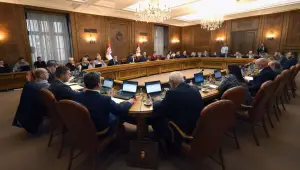 Belgrade, 16 January 2026
Belgrade, 16 January 2026Measures to mitigate consequences of severe winter weather, power grid failures

